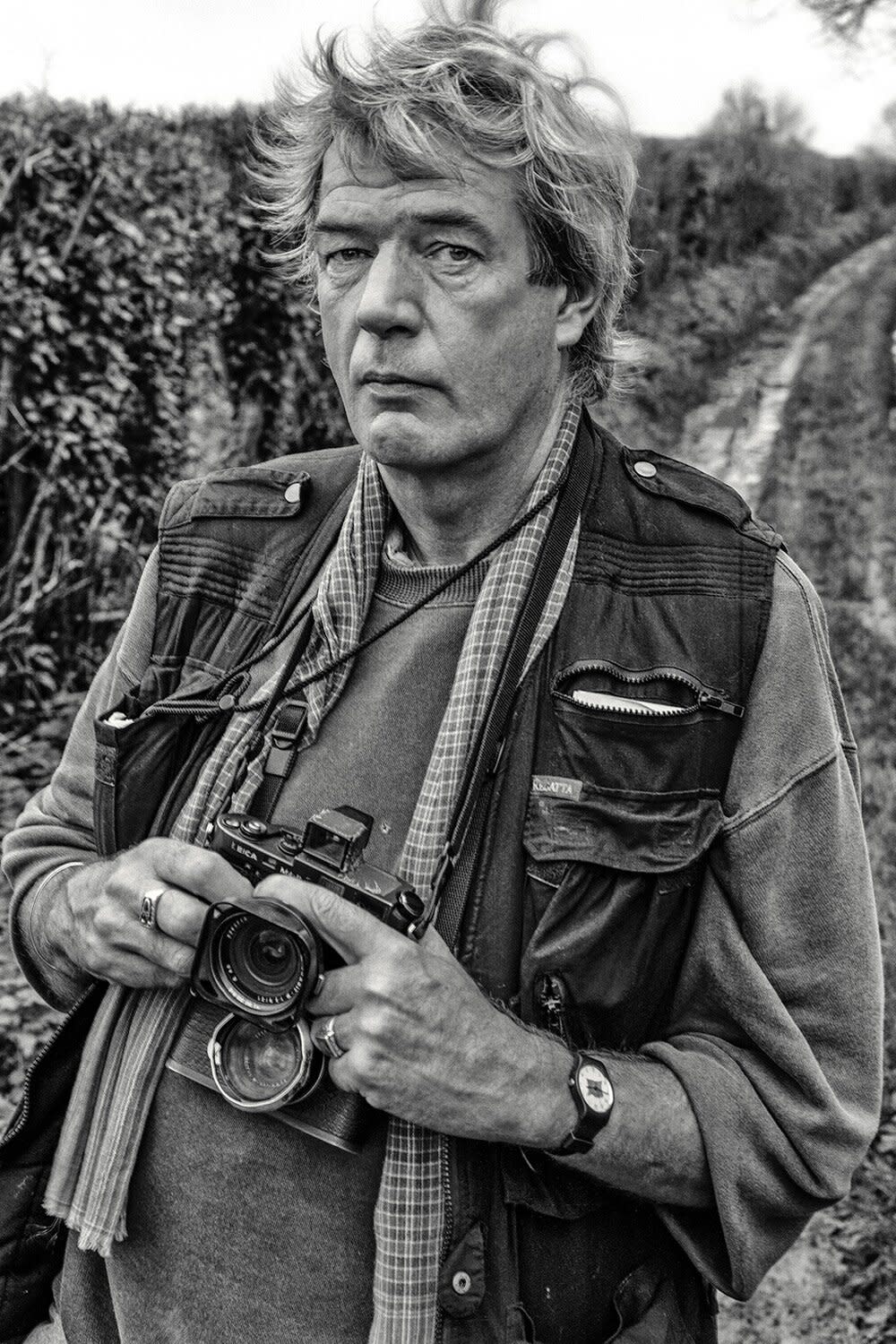Tim Page, Famed Vietnam War Photographer, Dead at 78

- Oops!Something went wrong.Please try again later.
Derek Hudson/Getty
Tim Page, a photographer best known for his work depicting the Vietnam War, has died. He was 78.
Page died of liver cancer at his home in New South Wales, Australia, on Wednesday, his partner Marianne Harris confirmed to The New York Times.
The British photojournalist began covering the Vietnam War in 1965 at 20, and his photos were published around the globe, The Washington Post reports.
Page risked his own life to get close to the action. He was wounded four times while on assignment. On one occasion, he was hit by a piece of shrapnel and lost a portion of his brain, according to the Post. He spent months rehabilitating before returning to work.
Page was partly the inspiration for Dennis Hopper's war photographer character in Francis Ford Coppola's 1979 film Apocalypse Now.
Never miss a story — sign up for PEOPLE's free daily newsletter to stay up-to-date on the best of what PEOPLE has to offer, from juicy celebrity news to compelling human interest stories.
In 2013, Page told Vice why war photography was important and ultimately may have changed the course of the Vietnam War.
"I can say without a doubt the coverage did affect public opinion. Any war picture is an antiwar picture," he explained at the time. "I think it was the first and last war that has ever been reported totally openly."
"There had never been that kind of instant coverage of conflict. I'm not saying photography stopped the Vietnam War, I think it contributed to swaying public opinion," he continued. "It seemed to have a creeping effect on the American psyche when virtually every small town had somebody coming home in a coffin. It forced it to an end or helped it come to an end."
Page also opened up about the toll of covering the war on his life in a 2010 interview with The New York Times.
"I don't think anybody who goes through anything like war ever comes out intact," he said at the time.

